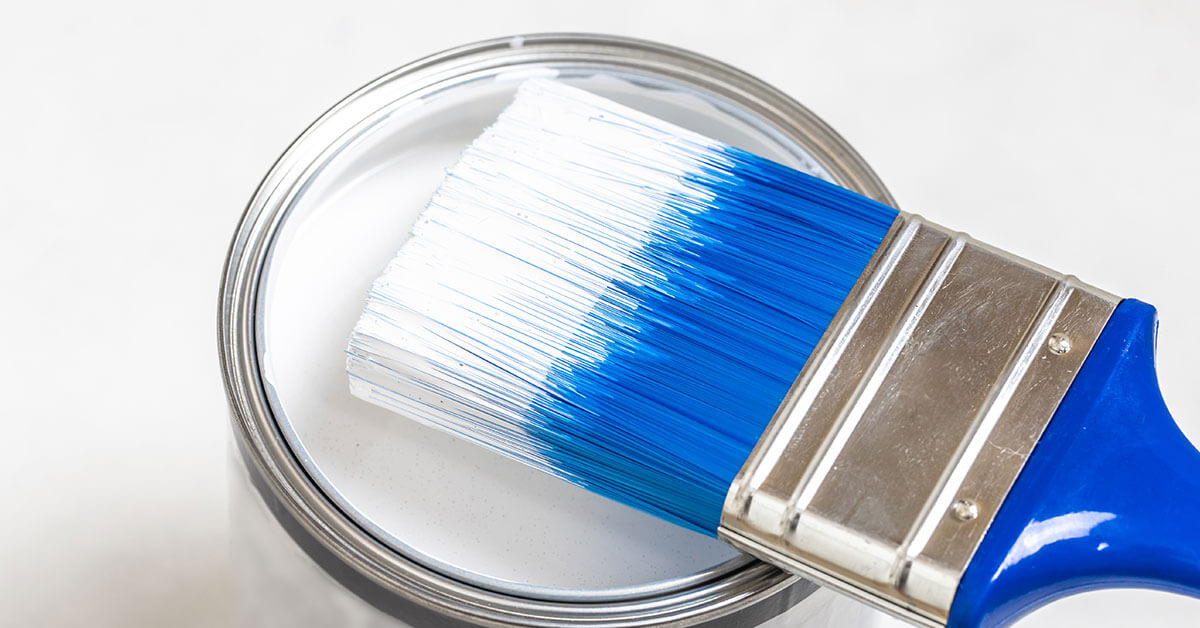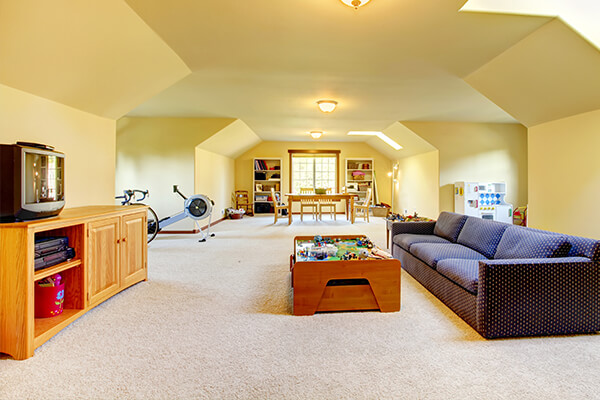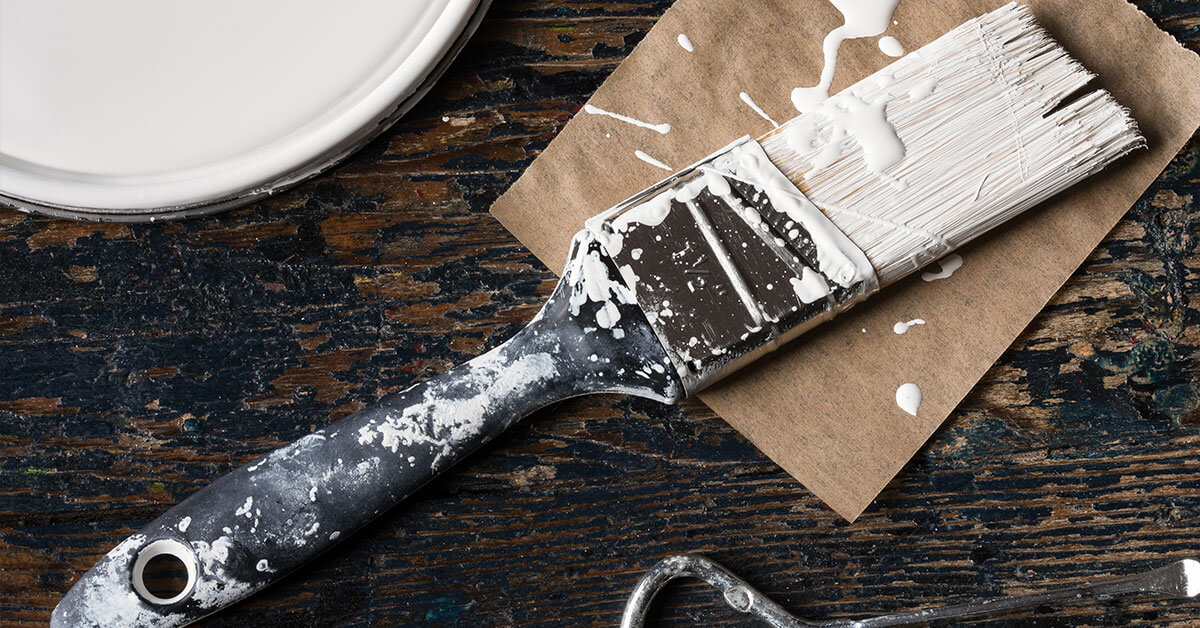Home Decorating Tips
How Is Epoxy Primer Used With Paint? A Brief Guide


You may be familiar with the term “epoxy,” as it’s a substance used to make adhesives, plastics, and coatings, but did you know that it can be included in primers and paints too?
Epoxy primers, just like any other paint primer, have been praised for making surfaces tougher and more durable. If this happens to be one of your goals for your next building project, take the time to learn more about an epoxy primer’s uses and see how to use it properly – continue reading here!
What Is an Epoxy Primer?
Epoxy primers, such as Island Industrial Epoxy Primer and Epoxy Primers, are mainly used as an anti-corrosive protection for metal surfaces. Primers like these are made of two-component systems that typically use Epoxy Polyamide resins as a base.
Brushes, rollers, or sprays are used to apply these primers onto a surface. It often takes one to two hours for the product to dry, while another 24 hours is needed for the primer to dry after it’s used as a recoat. Once the epoxy primers dry, you’ll see a hard, durable, and chemical- and abrasion-resistant coating with a flat finish.
Apart from metal surfaces, other epoxy primers can also be used as the base for concrete floors. Professionals have recommended using epoxy primers as an initial layer for concrete, as these can help:
- Promote better adhesion for products applied after it, especially the base and top coats
- Lessen formation of air bubbles and holes
- Tolerate or resist moisture better
- Block oil and other similar substances
Epoxy primers stick to concrete surfaces as a result of a chemical reaction, which occurs once you start mixing your primer. Once the primer is applied onto the concrete, it can seep through the pores, strengthen the bond between substance and surface, and start the hardening process. The result is a tougher and more durable surface that’s ready for painting.
What’s the Difference Between Epoxy Primer and Paint?
While buying epoxy primers, you may also encounter epoxy paints. Take note that they’re different from epoxy primers, which are often used for surface adhesion and preparation.
Epoxy paints are typically recommended for use on garage, basement, and patio floors, as a finishing layer of product that protects the surface from tire marks, stains, peels, cracks, and other forms of wear and tear.
These paints are usually made of latex acrylic and have a small amount of epoxy in them. Epoxy paints can come in various colors like blues, grays, or even creams, and can be applied on already existing floors.
Compared to typical paint, epoxy paint tends to stick to a concrete surface better. This type of paint is also less prone to peeling and flaking, which tends to occur if you use standard acrylic paint in high-traffic areas.
Just like epoxy primers, however, epoxy paints are noted for their toughness and durability. Epoxy paints are known to exhibit resistance to corrosion, other chemicals, moisture, and even heat. Moreover, surfaces that have been painted on with epoxy paint are easier to clean.
Safety Tips When Using Epoxy Primers (and Even Paints)
Before applying epoxy primers or paints onto surfaces, take note of these safety tips. These will ensure the success of your paint job and help prevent accidents and similar issues
- Always wear safety glasses or goggles, gloves, a respirator, and protective clothing. These can help you protect yourself against vapors emitted by epoxy-containing products or epoxy dust and/or wood dust.
- Ensure that your workspace has adequate ventilation. By taking this step, you can prevent dust and other irritants from entering the area, help lower levels of chemical vapors in the environment, and allow fresh air to enter your workspace.
- If you develop reactions to any products with epoxy, stop using it right away and resume the process after a few days. Some reactions that are attributed to contact with epoxy products include skin and eye irritation; allergic reactions on the skin; nasal, throat, or lung irritation, asthma-like signs, or breathing difficulties. If symptoms persist, consult your doctor and/or seek medical attention immediately.
- Follow the storage and clean-up instructions stated by the manufacturer to prevent severe damage to your work area. Some epoxy products are known to have flammable materials.
Using epoxy primers and paints may seem daunting at first, especially if you’re a beginner. However, when you know more about their purposes and how to handle them safely and securely, you’re sure to find reasons to keep using them.
Should you need more information, feel free to talk to a professional who can help decide whether your project would benefit from using these products, and maybe even help you decide on the best primer for epoxy paint.
If you’re interested in using epoxy primers (or paints) for your next job, check out potential products that can help you get the job done. With Island Premium Paints, you can! Its roster of items includes a product satisfaction guarantee, so you can find the ideal epoxy primer for your next building project.
Check out more home improvement tips to consider for your next project – head over to the Island Premium Paints website and be inspired!
Sources:
https://www.mymove.com/painting/guides/epoxy-paint/
https://www.hunker.com/12000243/what-is-epoxy-paint-used-for
https://entropyresins.com/safety/epoxy-safety-tips/
https://islandpaints.wpengine.com/product/industrial-epoxy-primers/
Our Products
Our line of high quality paints and products will give your home or project the vibrancy it needs.
Explore Colors
Ready to explore colorful possibiliies today? View our popular paint colo combination palettes for great color schemes and room design ideas for interior and exteriors.





